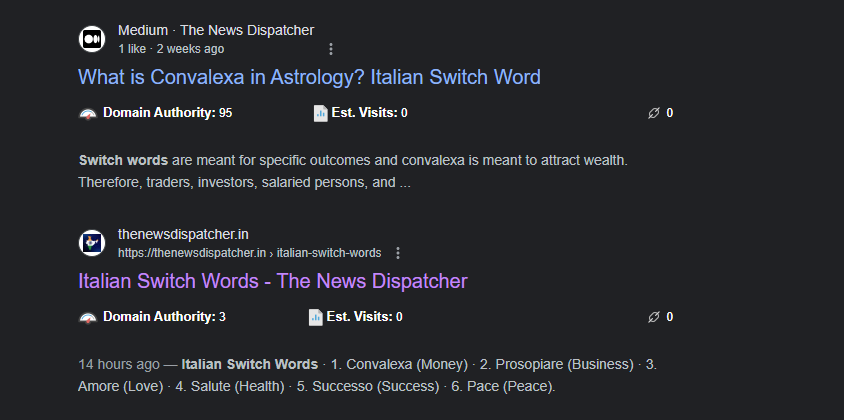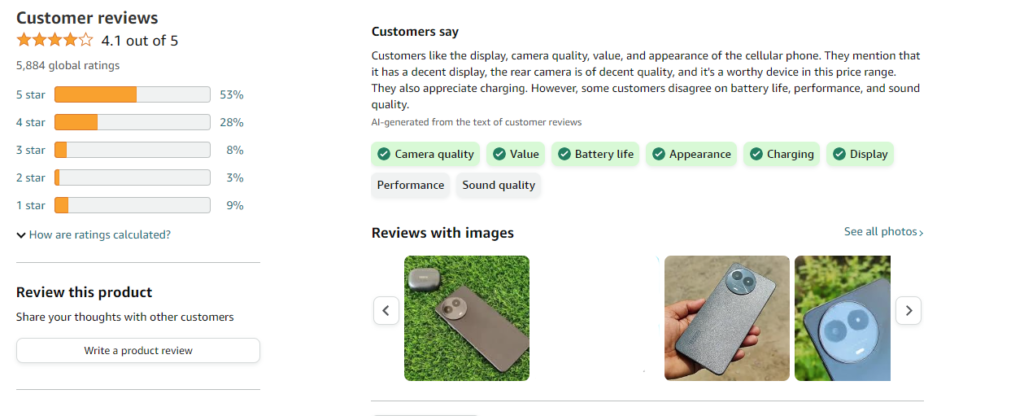These days meta descriptions rarely matter. Google is going to pick the most relevant paragraph from your website or might even summarize your content to create whole new meta descriptions.
This post is also available on LinkedIn.
The following are the search results for the term “Italian switch words” for which my articles are #ranking on #4 and #5.

The first meta description was mine. But the second was generated by Google itself.
If you take a closer look, you might notice that the second meta description is a list which was not the meta descriptions that I put.
Why Does This Happen?
Since Google has developed multiple AI algorithms of its own, it is increasingly using them to make the search experience better. This includes generating summary of the website content whenever necessary. The same technology is being used by Amazon to provide a summary of user reviews on its website.

Is This Harmful For Me?
No, this is not harmful because this will help you rank your article for multiple terms. Google will modify meta descriptions based on suitability with the search term.
Overall, this feature of Google search will only increase your ranking for similar keywords. But, do always remember to write content which are meant to help humans.
Should You Keep Adding Meta Descriptions?
Yes, adding meta descriptions rarely take more than 1 minute if you are an experienced writer like me. This would add to the user experience.
Further, if your meta descriptions are helpful for any search term, it would contribute to your Google rankings.